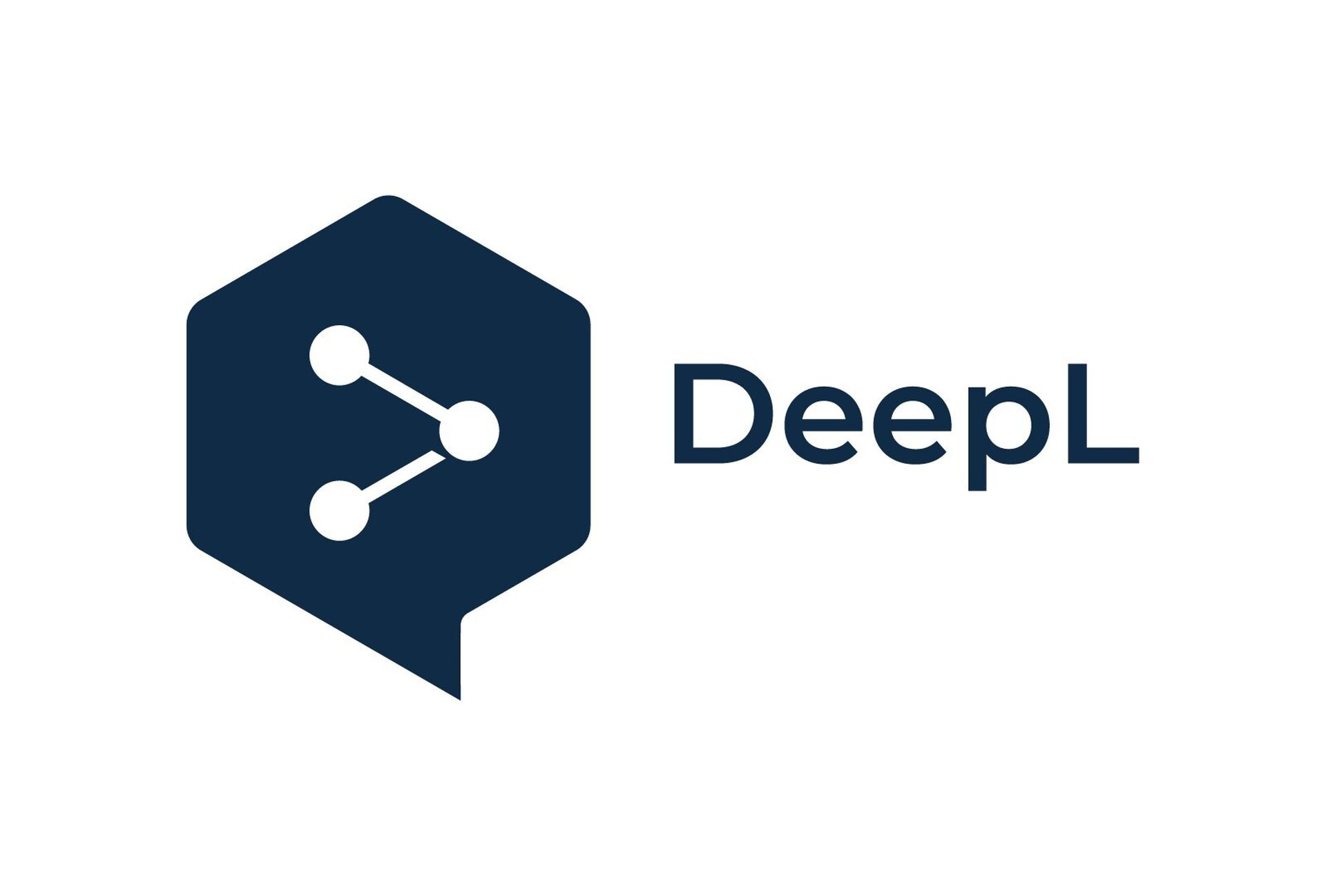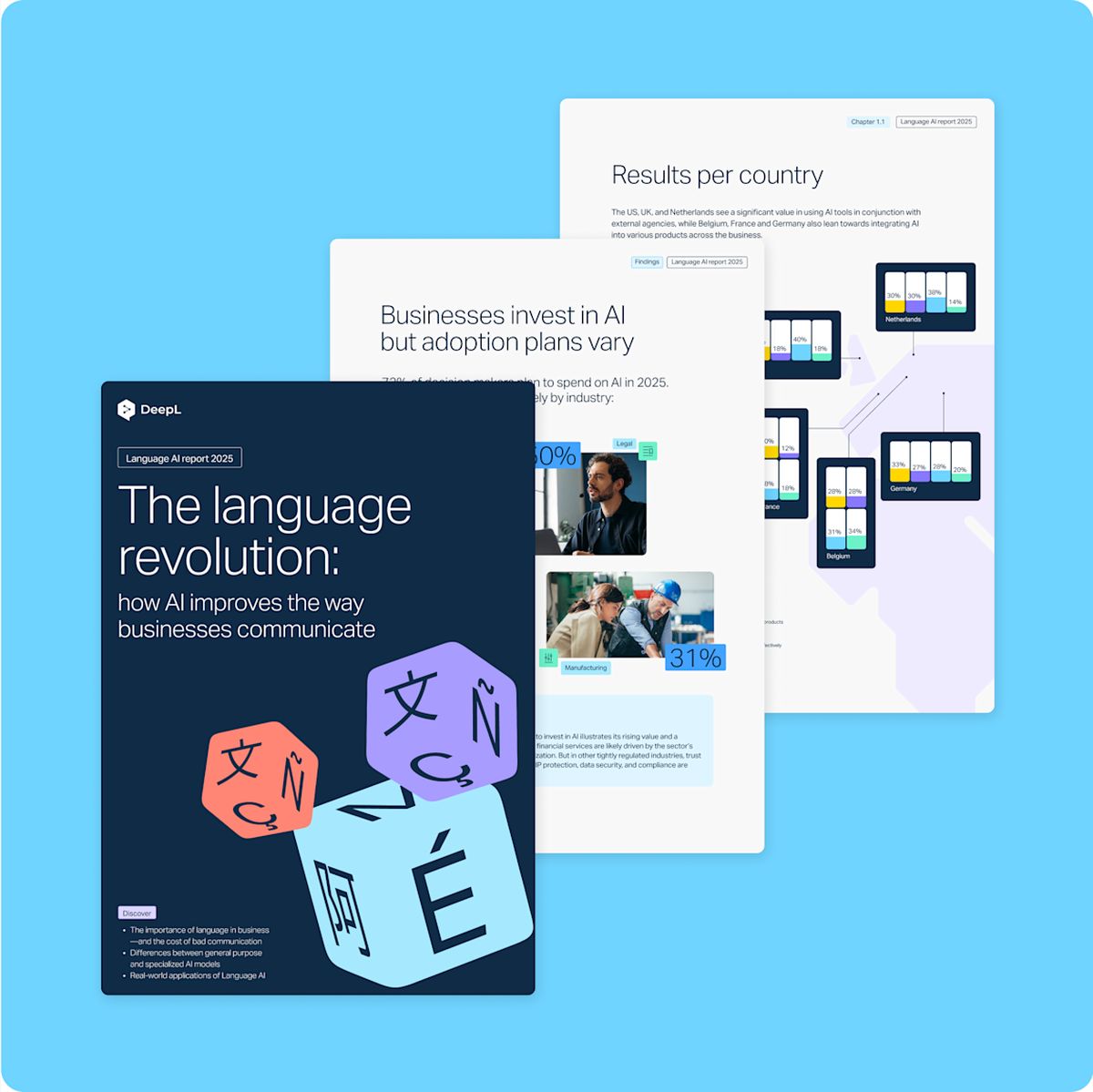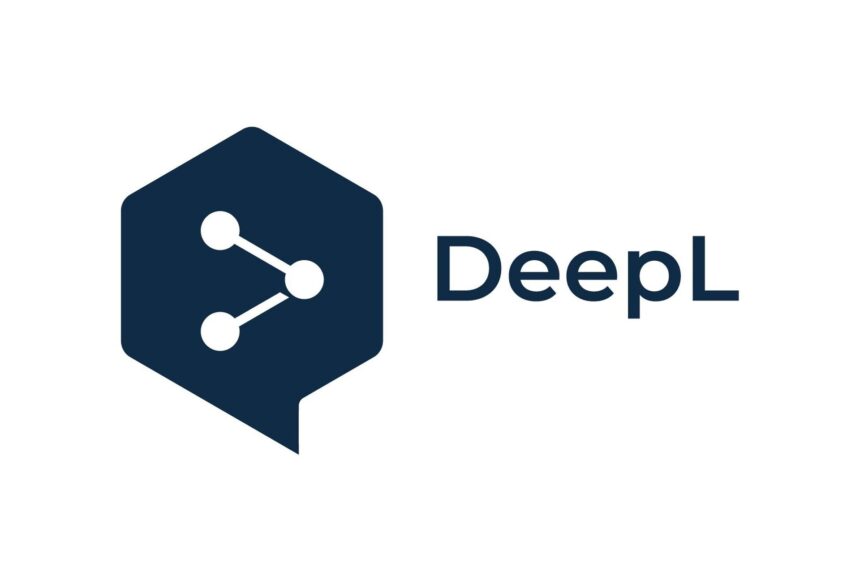
A new survey from DeepL reveals that 72% of executives plan to integrate AI into their daily operations in 2025, with 25% targeting specialized applications such as translation. The findings, outlined in DeepL’s latest white paper, explore the role of Language AI in business communication and the impact of AI-driven solutions on global enterprises.
The survey, conducted across EMEA and the US, highlights a growing focus on AI budgeting and return on investment (ROI). Executives identified key areas for AI investment:
- 28% plan to allocate AI budgets to business operations.
- 25% are prioritizing AI-powered translation tools.
- 19% are integrating AI into workplace tools.
The Netherlands leads AI adoption, with 30% of businesses planning full AI integration, followed by Germany (29%), Belgium (28%), France (26%), and the United States (25%).
communication barriers challenge global businesses
As businesses expand internationally, language barriers have emerged as a major challenge. The survey found that:
- 35% of executives cite market expansion as the biggest communication challenge.
- 32% struggle with engaging customers across different languages.
- 24% report difficulties in customer service due to language barriers.
European businesses operating in multilingual markets face the most pressure. In Belgium (45%), Germany (41%), and the UK (44%), executives identified market expansion as their biggest linguistic challenge. Meanwhile, France (42%), the US (38%), and Belgium (38%) reported the most significant obstacles in serving foreign customers.

Businesses turn to Language AI for multilingual operations
The survey underscores the increasing reliance on AI-driven translation solutions to enhance communication. Companies are using AI alongside human expertise to navigate high-stakes industries such as legal and manufacturing, where precise translation is critical.
Executives reported integrating Language AI in three key ways:
- 32% use AI to assist external translation agencies.
- 31% support in-house translation teams with AI tools.
- 26% embed AI-driven translation capabilities into their products.
“English has become the default language for global business, yet only 20% of the world speaks it fluently,” said Jarek Kutylowski, CEO of DeepL. “Our research shows that companies are increasingly turning to AI solutions to bridge communication gaps and improve efficiency.”
Internal communication challenges grow in European markets
The findings also highlight internal language barriers within multinational organizations. Companies in the Netherlands (31%) and France (25%) reported the highest pressure to improve communication between multilingual teams.
This aligns with a 2024 Forbes study, which found that half of all knowledge workers struggle with communication challenges in the workplace.
Shoji Otsubo, senior manager at Panasonic Connect, emphasized the efficiency gains from AI-powered translation: “Previously, translating a document from Japanese to English took staff up to half a day. With DeepL, this process is now significantly faster.”
Survey methodology
DeepL’s survey was conducted in October 2024 by Infuse Media. It targeted 780 senior decision-makers across marketing, product, IT, and finance in industries such as retail, manufacturing, professional services, and legal. Respondents were based in EMEA and the US.
The full report is available on DeepL’s website.
Featured image credit: DeepL





